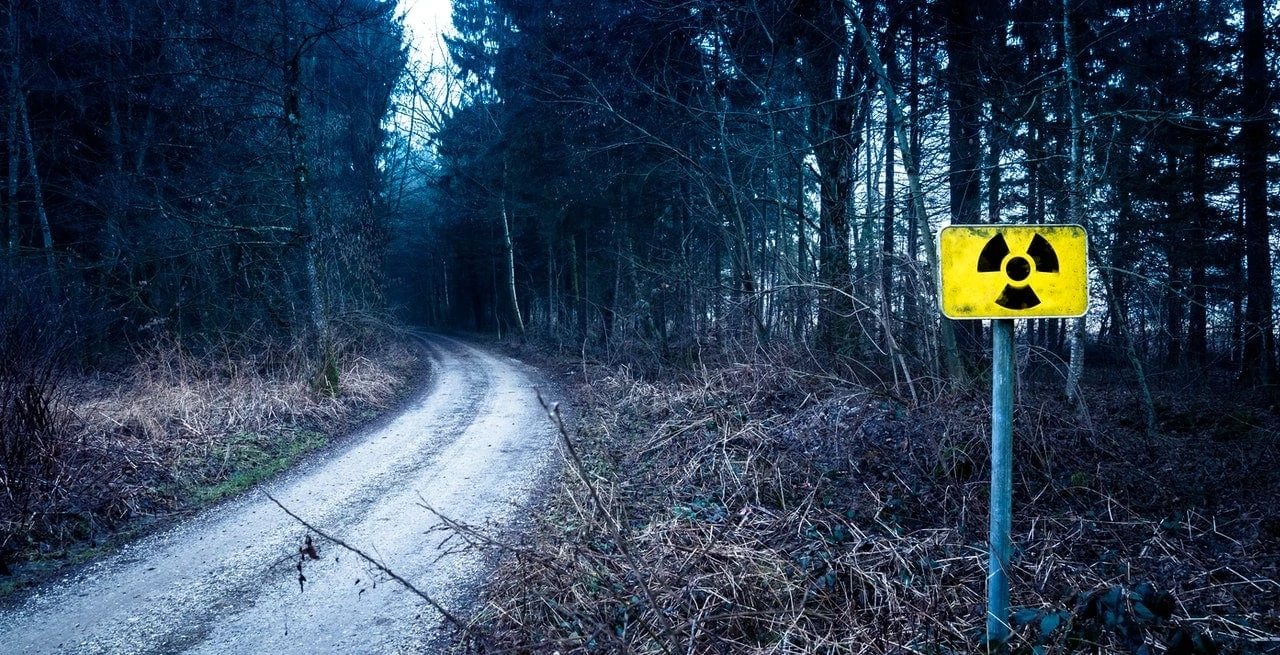


If you've been in recovery for months or even a few years, you may come to the point that you think you've got this recovery thing down, and there are no dangers left to avoid in terms of recovery. You've begun to work on repairing your relationships. Maybe you've got a great new job or mended ties with family and friends. You may even start to feel a bit of that serenity that people talk about in 12-step meetings. All of this can be a good thing, but it doesn't mean you're cured of your addiction.
Addiction is a disease. While you're taking care of life on life's terms, everything will change in an instant if you choose to pick up a drink or drug.
With more power over the decisions in your life comes more responsibility. There will come a time soon that your recovery is tested. Long-term recovery is an exciting accomplishment, but no one is immune to dangerous thinking or behavior. Backsliding can easily lead to a full-scale relapse if you're not paying attention to your sobriety program. Here are three dangers to watch out for:
Life is about choices. Mistakes happen when we make the wrong ones, but it's not the end of the world. If you were perfect, you certainly wouldn't be in recovery in the first place. It can be humbling to admit you're struggling because of your own behavior, but sharing with others will help lessen the burden.
If you're feeling guilty, scared, or having trouble because of your behavior, the first thing to do is "own it." Tell your sponsor, share at a meeting, and listen to the feedback of others. When you're feeling overwhelmed, it's time to hold on to your recovery as hard as possible. "Keep coming back", even when you feel bad. Recovery can bring you progress, but there's no perfection.
Asking for help when you've fallen into a trap in recovery will help you save yourself. There's nothing you can face in recovery that somebody else hasn't lived through. So if you find yourself engaging in destructive behavior, it's okay to feel bad about it. It's okay to say you don't know the way out. Just remember that you're worth saving, and this too shall pass. You don't have to face anything alone.
Are you looking for sober living in the San Diego, California, area? We have a place for you to call home! Living with others in recovery offers fellowship and a way to be accountable to others. Our programs are an excellent launchpad for people new to recovery who need time to transition to daily life. We offer options for housing and aftercare. Call to hear more about how we can help you by calling 760-216-2077.
When you were using substances, how often did you do something that was dangerous? Did you get a little thrill out of breaking the laws, such as speeding or committing petty theft? Danger can give you a little rush, but it's usually behavior that will also stunt your growth. For many people who get clean and sober, leaving these aspects of their old life is almost as difficult as quitting using drugs and alcohol. This activity, called thrill-seeking, often signals that a person may be addicted to dangers as well as substances. Does this sound like you?
Are there certain behaviors you’re not ready to give up, even now that you’re sober? Living a life in recovery means that you’re going to have to give up negative behavior as well as alcohol or drug use.
Many people in recovery get clean and sober but keep “dirty” behaviors. They may flout the laws and drive aggressively. Or they may cheat on their taxes or even pocket your change if you ask them to get you a sandwich. Anything that gives you a little "rush" and could put you or somebody else in harm's way can be considered dangerous -- even surfing in dangerous conditions.
Thrill-seeking, dangerous behavior can be addictive for the same reasons that drugs and alcohol can. When you’re doing something dangerous, the reward center of your brain will go off as your body initiates fight-or-flight mode. This mode activates adrenaline, pumping your body with hormones and giving you a feeling of electricity, even if it’s just for a few moments.
Thrill-seeking behavior is considered a trigger for relapse. For one thing, “getting over” on somebody or committing minor crimes is still illegal. Eventually, you’ll get caught or do something that causes you to feel guilt or shame.
Here are some examples of thrill-seeking behaviors:
It may seem difficult to give up your thrill-seeking ways, but it’s an important part of recovery. You don’t do drugs anymore, and you know right from wrong. A little thrill here and there can add up to a lot of bad feelings or even harm your relationships in recovery.
Just like giving up drugs or alcohol, you will need to work your recovery program to help you establish new patterns.
If you’re not sure how to go about changing your behavior, speak to somebody in your recovery network, your sponsor or your therapist. The first step to recovery is admitting you can’t do it by yourself.
You’ll feel better in the long run if you are able to quit doing things that harm yourself or others.
In sober living, you’re accountable to others in the same household, who hold the same value that you’re trying to live. Live in a safe, positive environment while you get your feet on the ground in recovery. Contact us at 760-216-2077 to learn more about how we can help.
